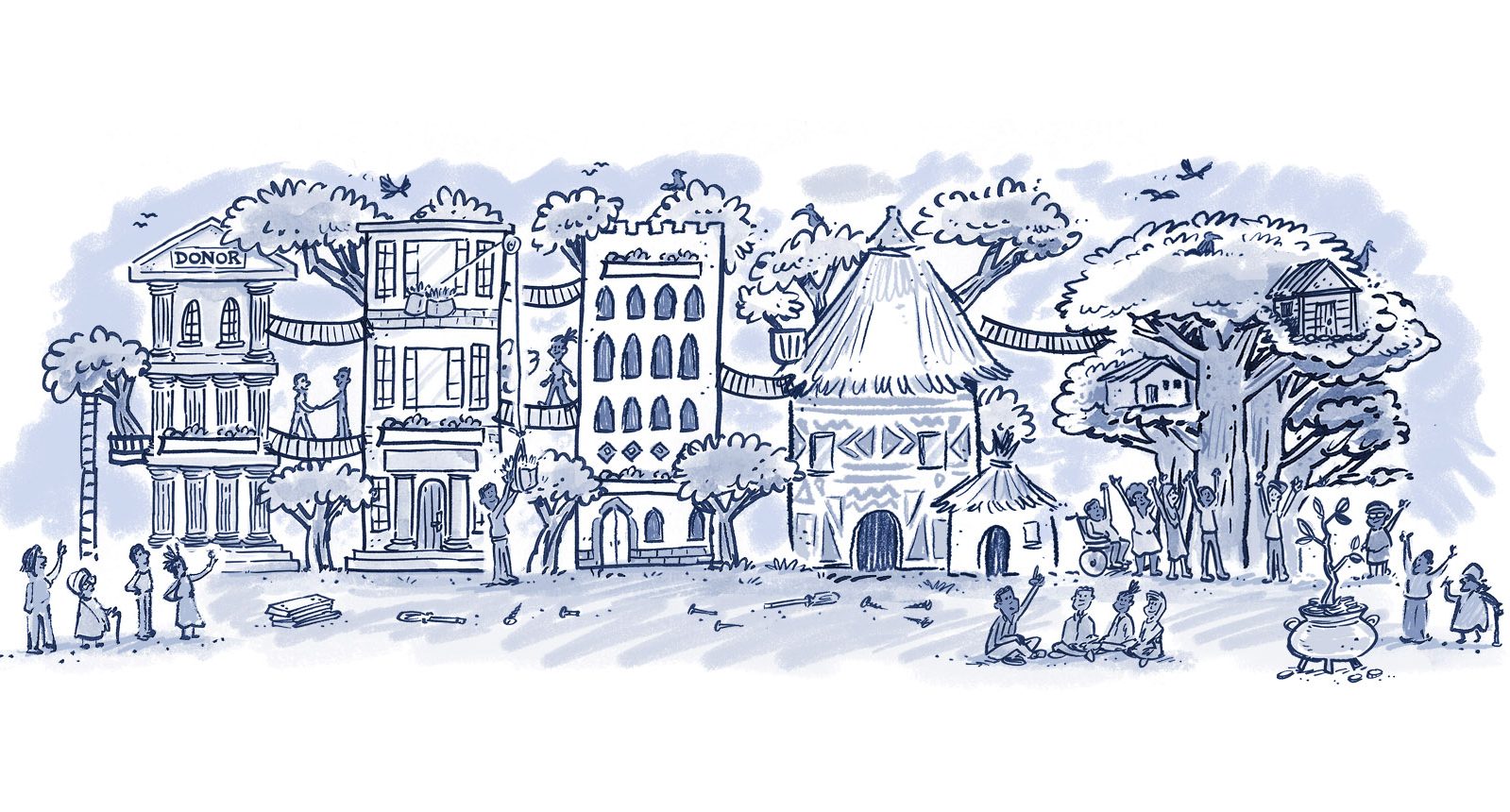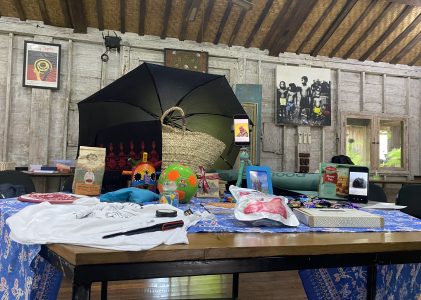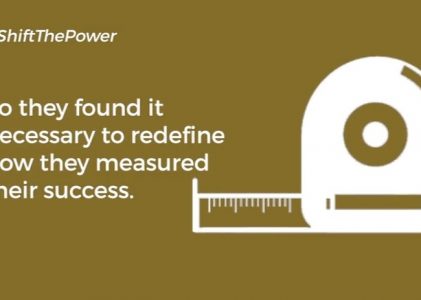Rethinking the logframe: A reflection on power, purpose, and measurement
It’s striking how enduring the logframe has been. Perhaps because many organisations were smaller and more centralised then, adoption was easier. Or perhaps once embedded in donor systems, it was too difficult to dislodge. It often feels like an attempt to nail spaghetti to a wall — to force complex, relational, adaptive work into a linear accountability framework.



